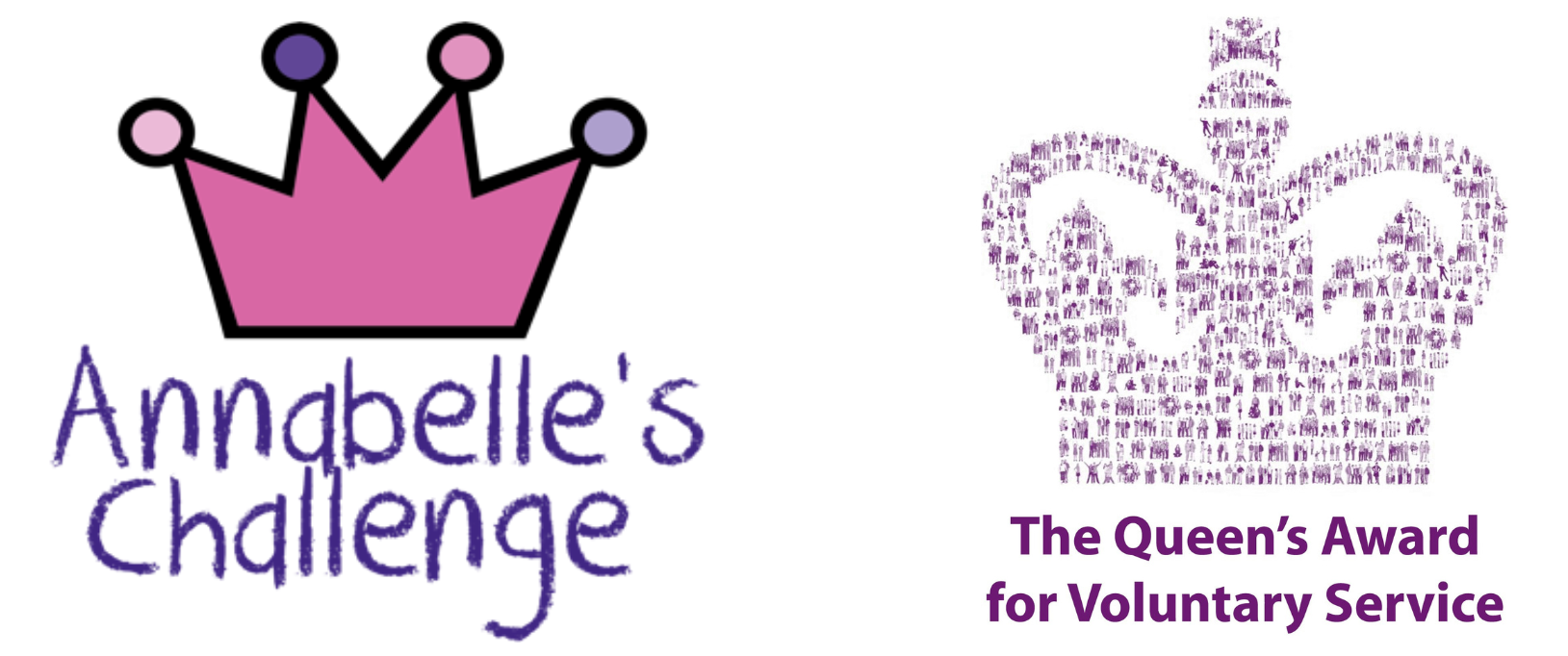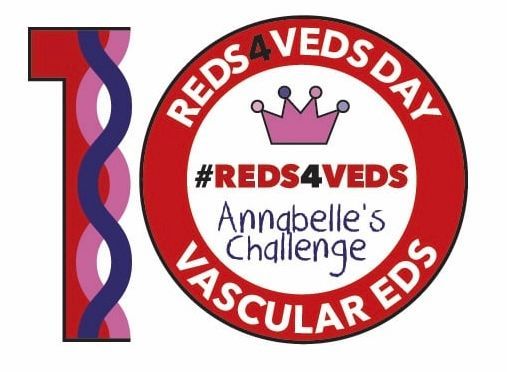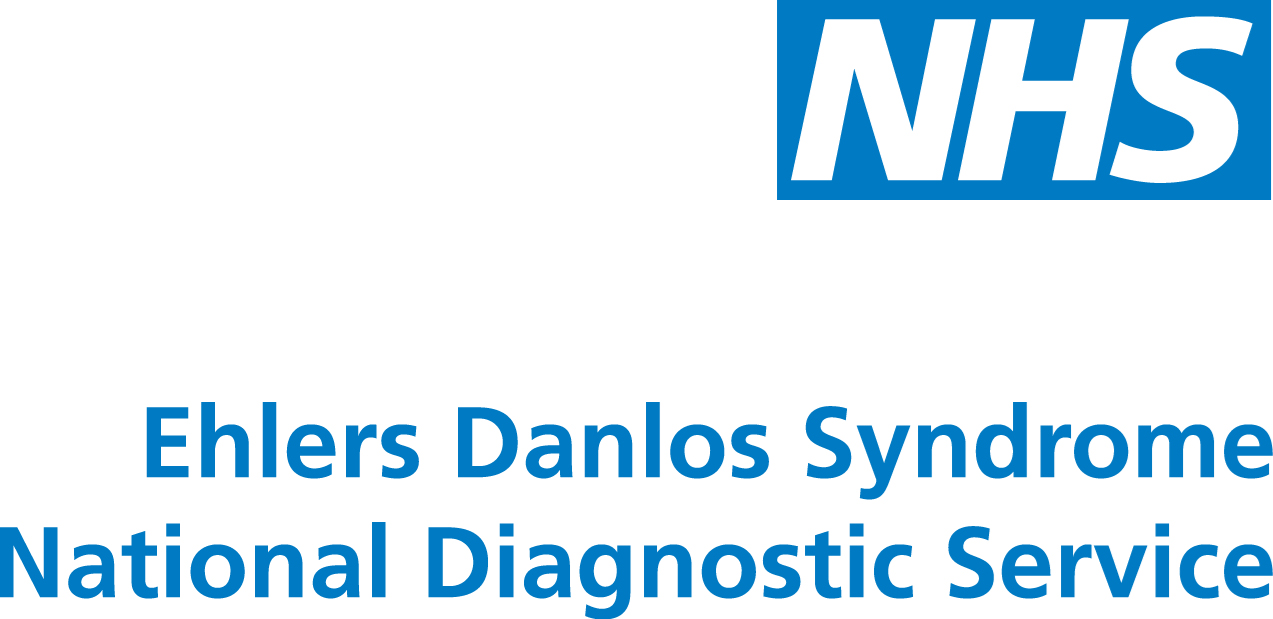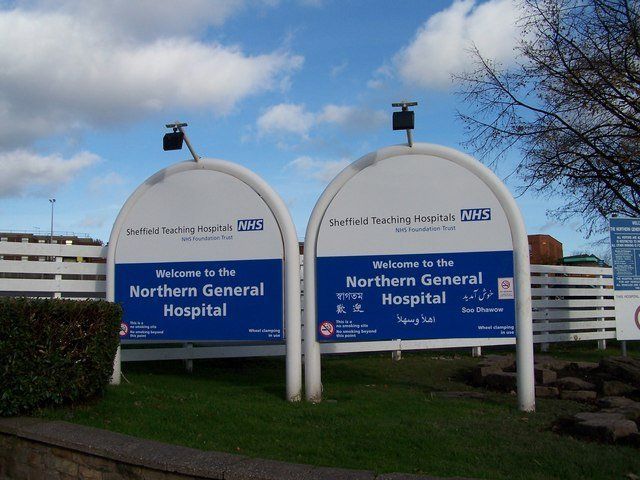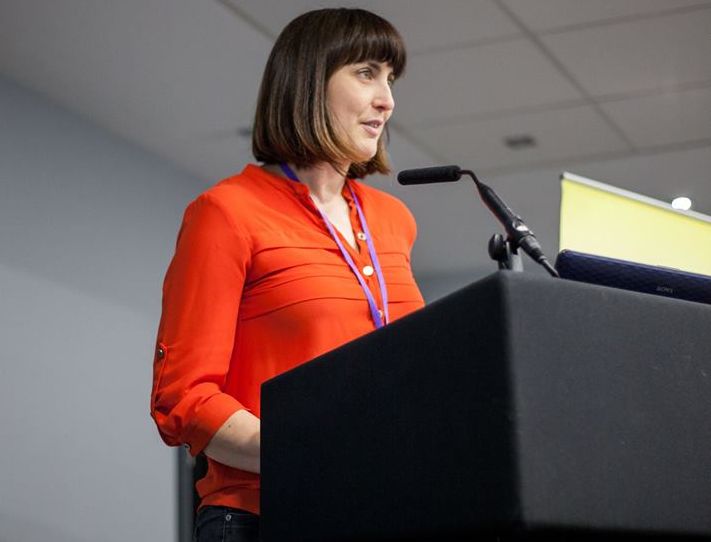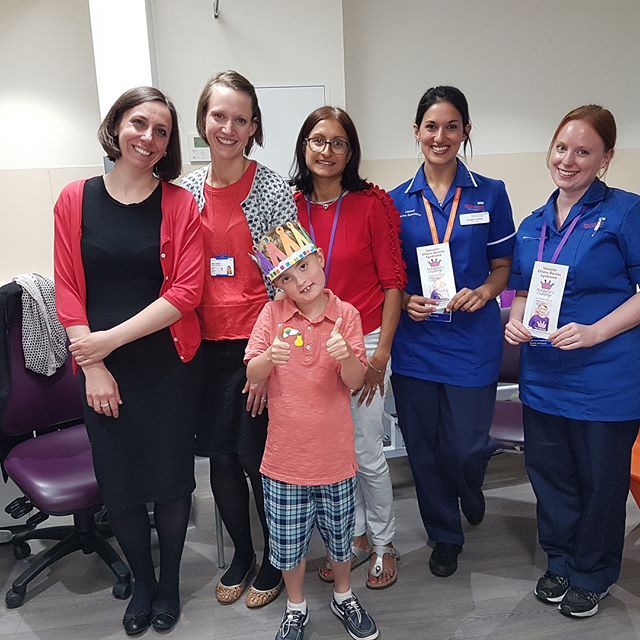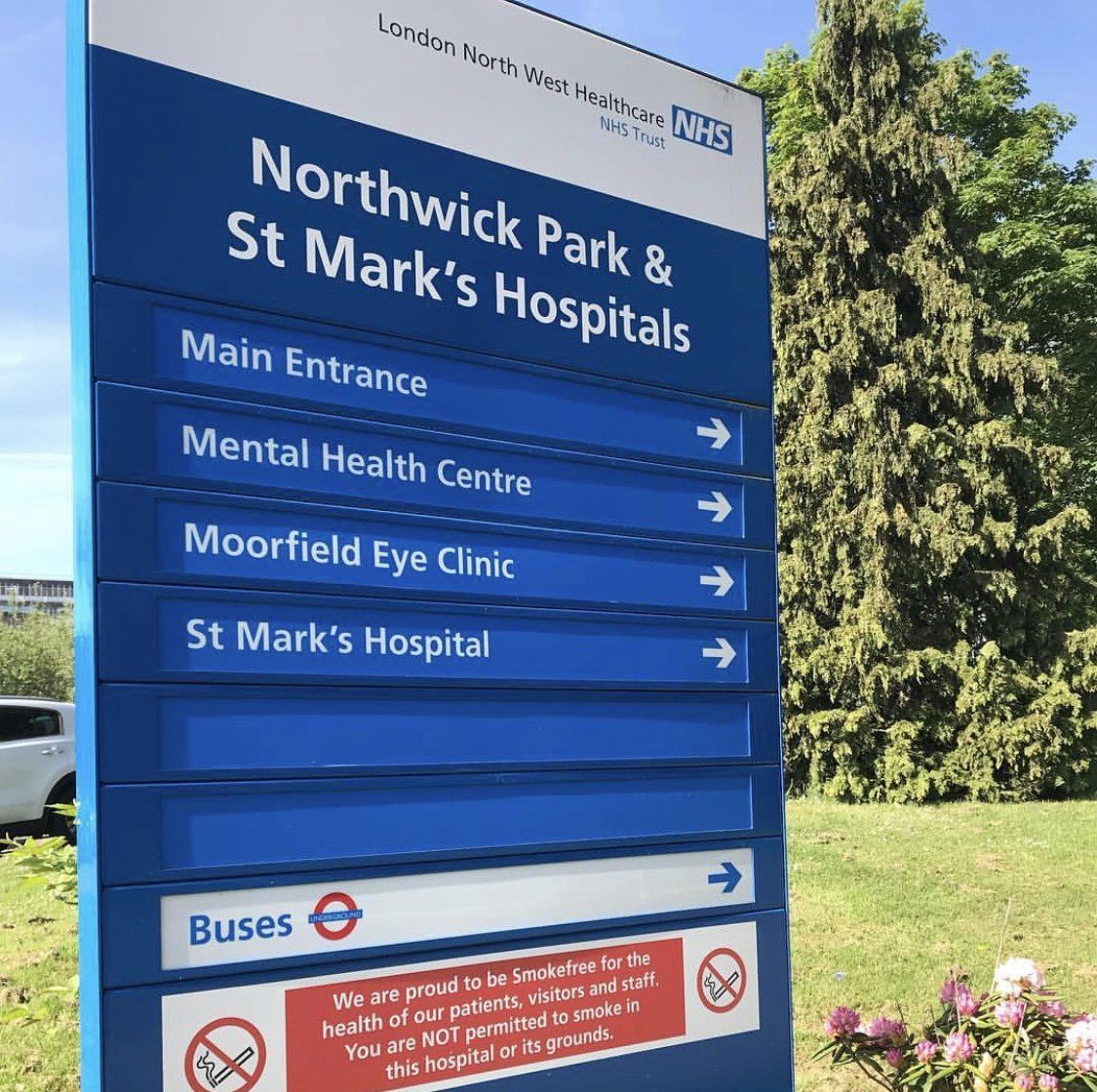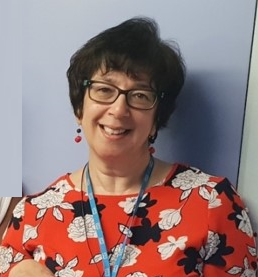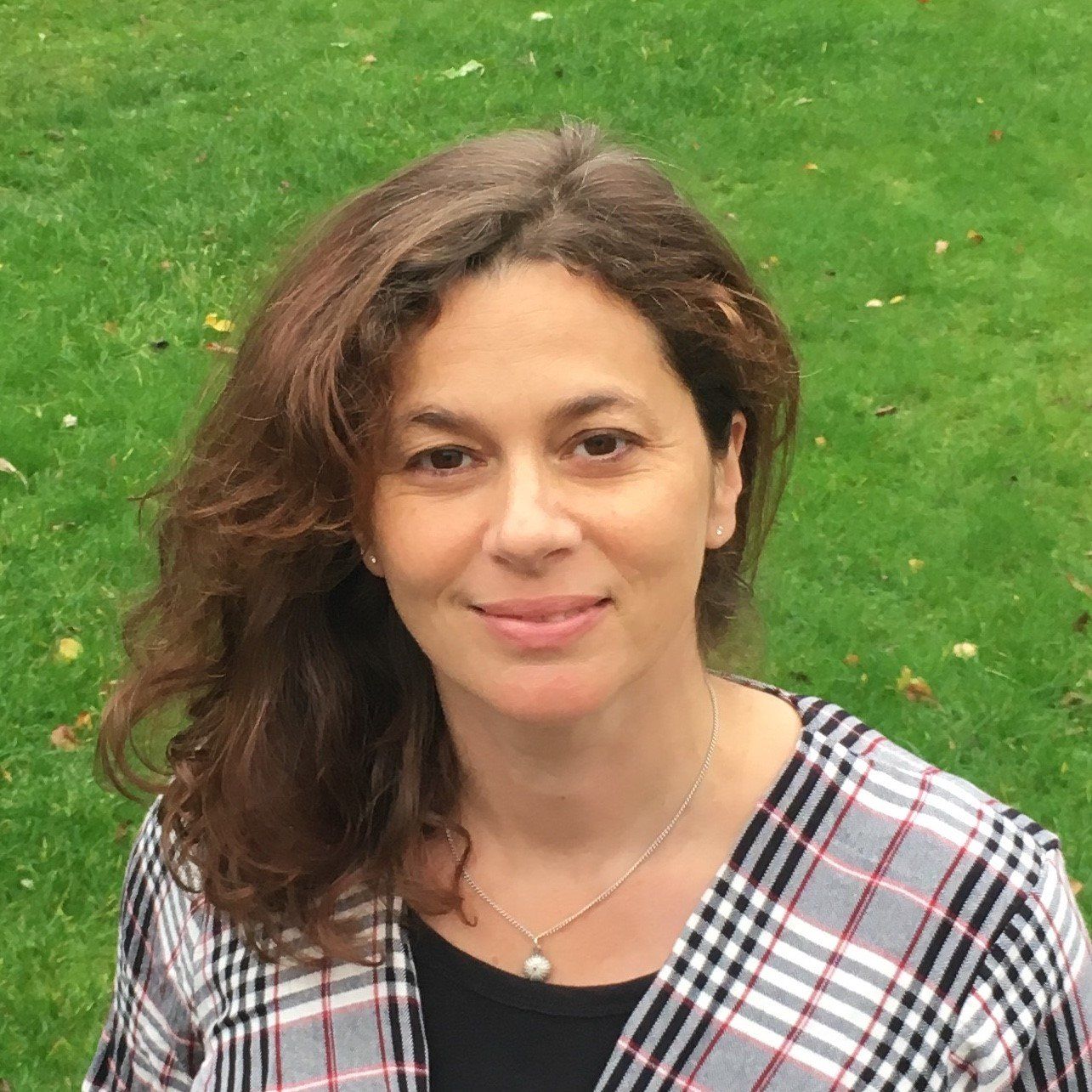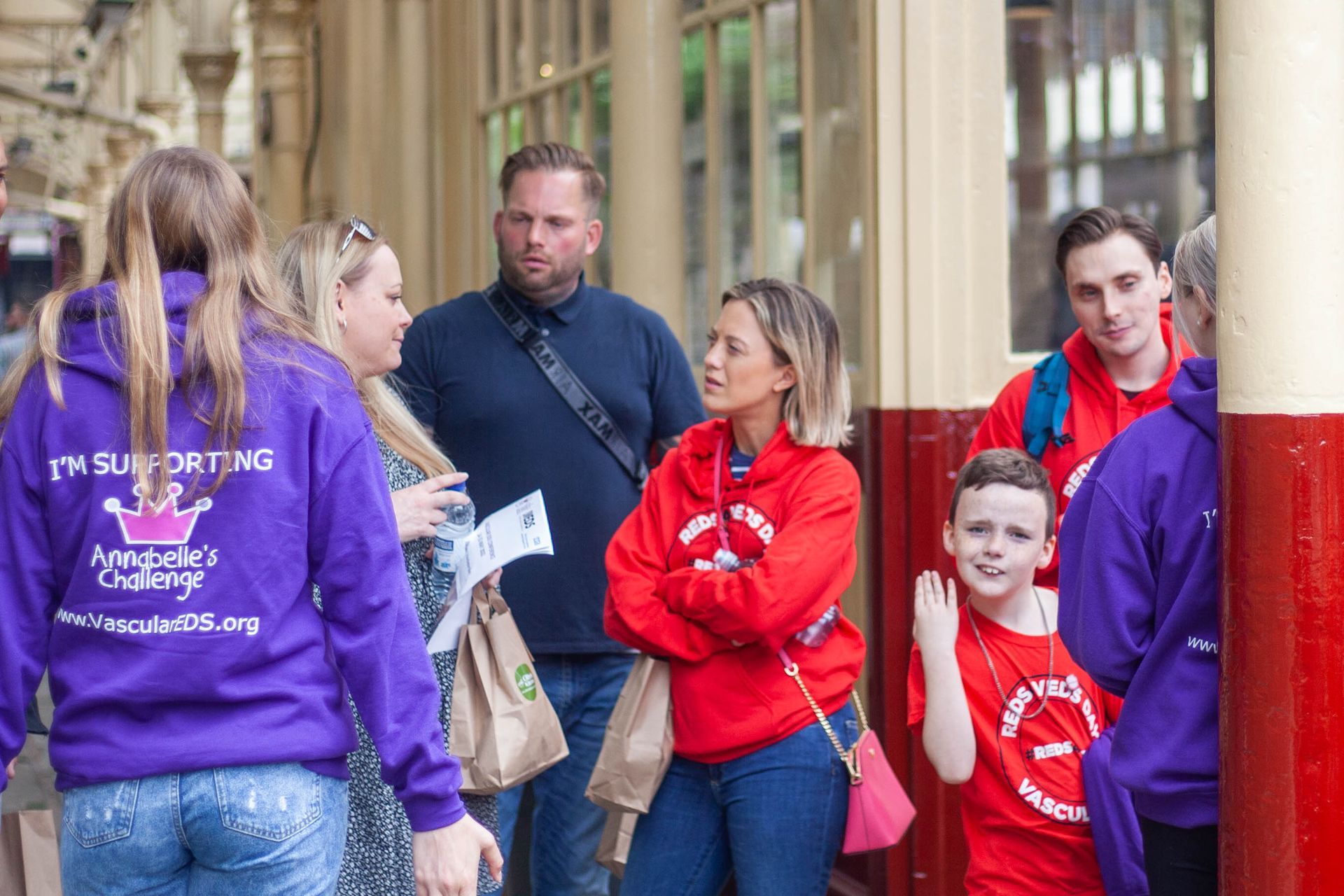Established in 2009
Sheffield & London
Genetic Counselling
Diagnostic Service
- Correctly investigate and diagnose cases of suspected rare EDS types.
- Develop guidelines and pathways of care for the different subtypes of EDS.
- Provide information about EDS for patients and their carers.
- Research regarding rare types of EDS.
- The service sees patients who are suspected of having a diagnosis of classical, vascular or a rare type of EDS. The service will also see patients with a known diagnosis of classical, vascular or a rare type of EDS.
- Patients with hypermobile EDS or Hypermobility Spectrum Disorder are not seen in this clinic.
- The clinic does not offer management for hypermobility.
- Gain a better understanding of the condition in the family.
- Make decisions about the condition in the family.
- Talk about the condition to other people in the family who might be at risk.
- Take action to better manage the family condition.
- Communicate with health professionals, teachers, social workers etc. about their needs.
Free Medic Alert
Learn MoreThe second group of patients who are referred to us already knowing their diagnosis, such as Bill:
- Discussing your particular concerns.
- Discussing your medical history.
- Drawing your family tree, which can give valuable information that can help make a definite diagnosis, and identify who else may be at risk in the family.
- Detailed discussion.
- Information on Genetics.
- Questions and Answers.
The final step of the patient pathway and usually the most important is what happens after the genetic clinic.
We always follow up with a written summary of the appointment so everyone knows the next steps. The genetic counsellor also checks in with the family to make sure the family are ok and if there is anything else we can help with. The clinics are busy and there are often questions raised after the appointment and we are here to answer them!
Follow up and support for vascular EDS
- Yearly Check-ins (in person/ telephone/video).
- ICC cardiology appointments and scans.
- Advice on lifestyle and management.
- How to talk to family/ school/ employer/ health professional about the condition.
- Planned operations/ A&E advice. **
- Options for pregnancy.
- Emergency 'Blue Wallet Card'.
- Any general questions.
** Please note the EDS service is only open weekdays
Page last reviewed: July 2024
Sheffield Clinic
Meet our Sheffield team
London Clinic
Meet our London team
Publications
The EDS service provides people diagnosed with rare types of EDS with a wealth of information developed and written by Genetic Counsellors (GCs) and the consultants that includes genetic and practical information specific for each rare type of EDS and, where applicable, emergency resources, leaflets for schools, mental health and charity leaflets and signposting. GCs also work collaboratively with related charities, developing resources and educational materials and improving patient pathways to care.
A number of papers have been published and/or authored by healthcare professionals working in the EDS Service.
A unique collaborative model providing supportive and self-advocacy tools to the rare disease community
Juliette M. Harris, Jacqui Fish, Jared Griffin, Gemma Hasnaoui, Clare Stacey, Neeti Ghali, Fleur S. van Dijk.
Published 24 March, 2024.
Diagnosis and management of vascular Ehlers-Danlos syndrome: Experience of the UK national diagnostic service, Sheffield
Jessica M. Bowen, Monica Hernandez, Diana S. Johnson, Claire Green, Tammy Kammin, Duncan Baker, Sylvia Keigwin, Seiko Makino, Naomi Taylor, Oliver Watson, Nigel M. Wheeldon and Glenda J. Sobey.
Published 29 March, 2023.
An exemplary model of genetic counselling for highly specialised services
Juliette Harris, Marion Bartlett, Duncan Baker, Cheryl Berlin, Jessica Bowen, Carole Cummings, Christina Fallows, Claire Green, Jared Griffin, Kay Julier, Tammy Kammin, Ravinder Sehra, Clare Stacey, Jan Cobben, Neeti Ghali, Diana Johnson, Glenda Sobey, Fleur S van Dijk.
Published 9 March, 2023.
